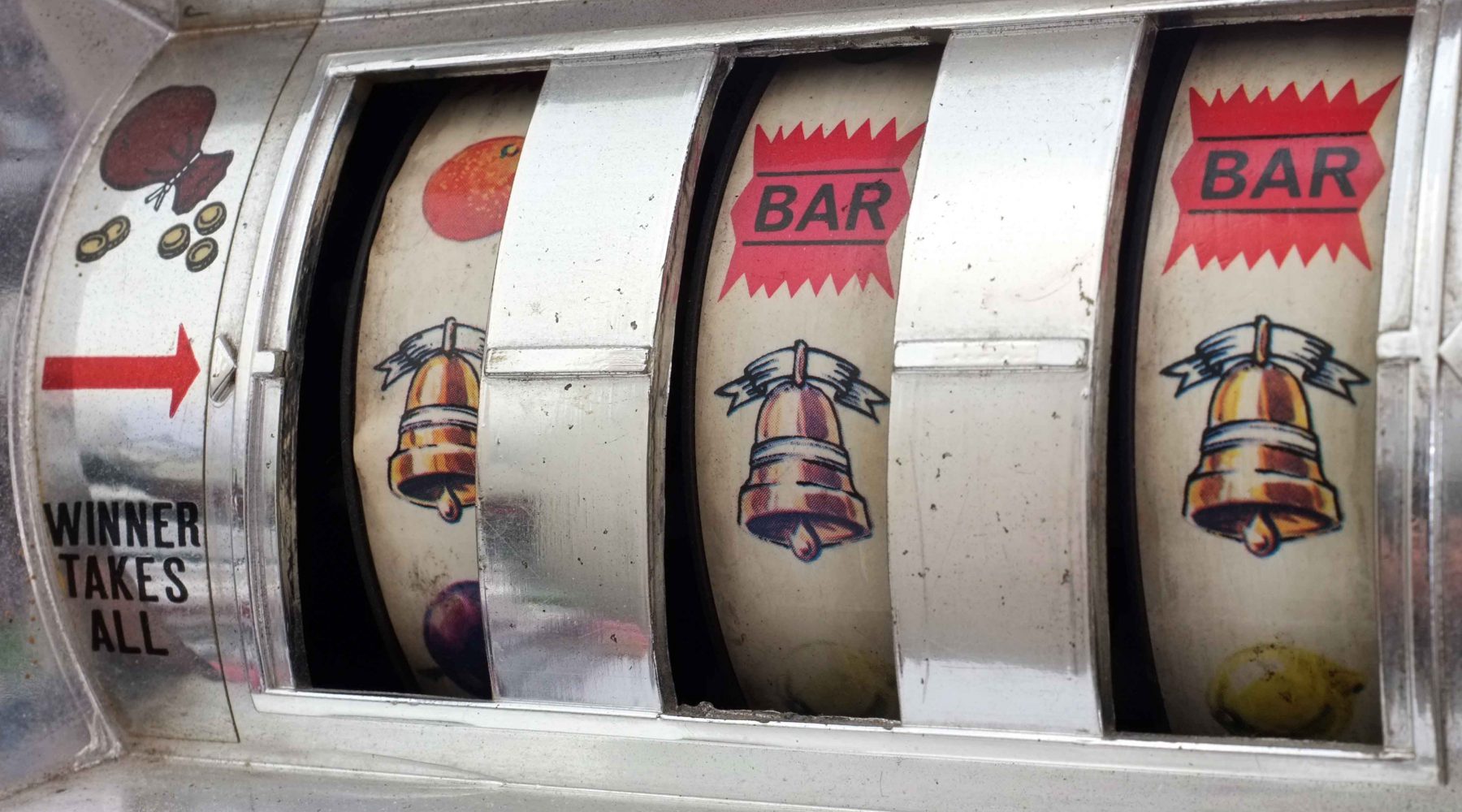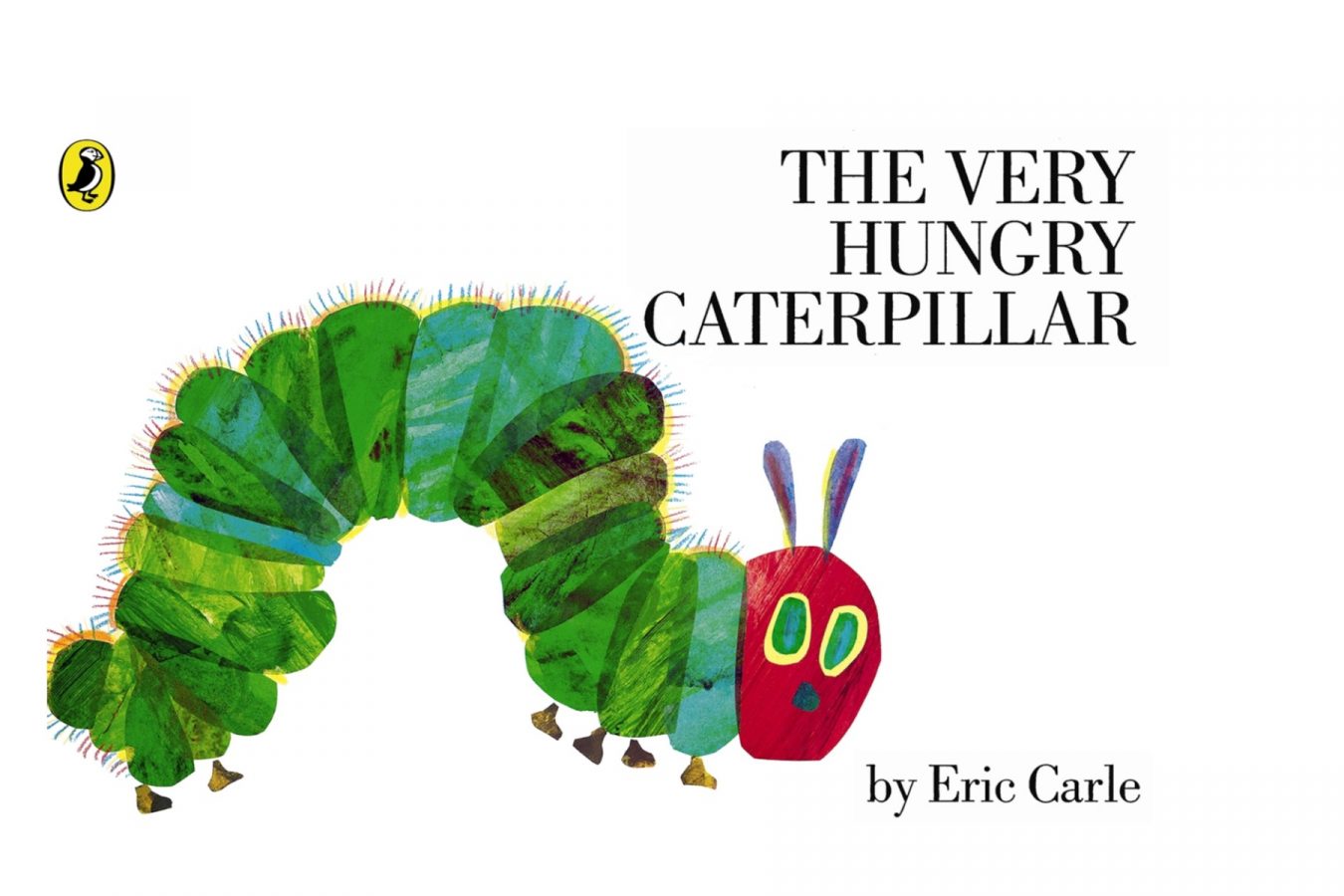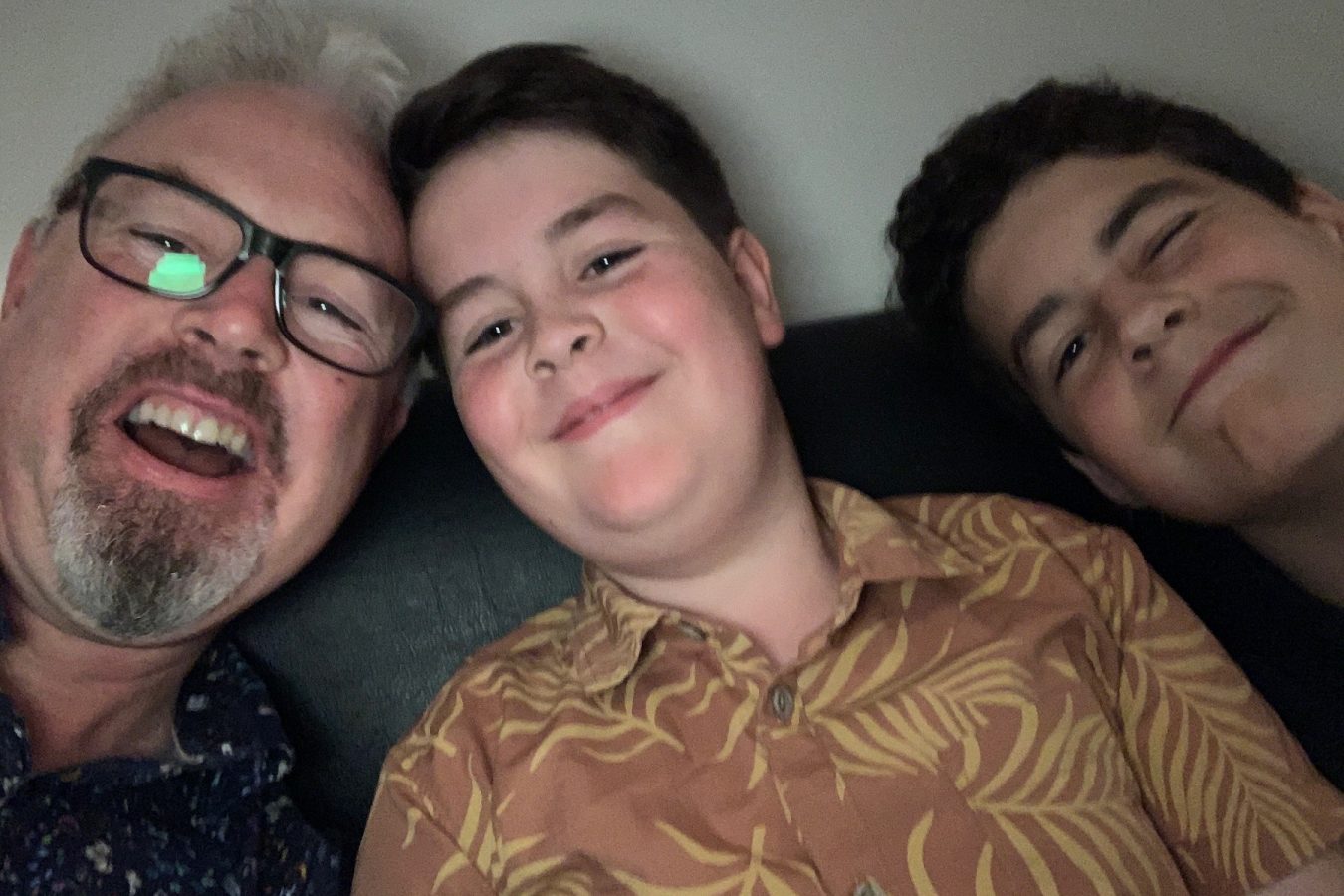
A new study from Deakin University has uncovered a worrying impact on children exposed to poker machine gambling venues.
‘You hear the money hitting the metal and then you hear, “Ding, ding, ding, ding.” Then the big winner sign lights up on the top of the pokie machine and everybody screams, “GET THE MONEY!”’
This is the worrying response from a 12-year-old boy who with his family attends a local community club in regional New South Wales that has poker machines: flashing lights, ringing bells and the excitement of the win.
The comments are from a new study by Deakin University researchers on the impact on children from the exposure to gambling venues. The study is the first of its kind, with previous research being confined to the influence of family, peers and the media.
The study interviewed 45 children, aged 6 to 16, who attended community clubs with gambling machines in regional New South Wales. The state has the second highest number of poker machines in the world after Nevada in the United States of America.
Regulations prevent children from entering in the gambling area, but the study reveals that children are clearly being exposed to the gambling environment.
Project supervisor Associate Professor Samantha Thomas, from Deakin University’s School of Health and Social Development, said every child interviewed could describe the features of a poker machine.
‘Some children described how the sounds from the machines were the loudest sound that they could hear when in the restaurant. Children also made physical gestures such as pulling down a lever on the side of the machine, or “pressing a button” to make the reels spin,’ she said.
‘The same features that we know are dangerous for adult gamblers are even more exaggerated for kids – those “winning” sounds and flashing lights – kids only hear the positive noises, not the losses.’
The study found more than half of the children wanted to try poker machines when they were older.
Lead author and Deakin University PhD student Amy Bestman said the children interviewed focused on the perceived positives of pokies – winning, fun and community benefits – but did not properly understand the risks and dangers.
‘Many children we interviewed perceived that poker machines were “games” whereby adults could “win” money,’ she said.
‘Worryingly, some children expressed a view that in order for the club to support the community, people had to lose money on the pokies.’
One response from a 10-year-old boy typified the attitude: ‘It’s not harming, it’s just mean because it takes your money and it’s not fair for you. But it is a bit fair because they buy equipment for you to keep you safe and to keep you comfortable and to keep you entertained in the clubs.’
The study, published in the Harm Reduction Journal, recommended better protecting children through a series of measures, including reducing the volume of sounds on machines, making them sound free, or ensuring they play negative sounds when people lose on a spin.
It also recommended making sure gaming rooms are located well away from dining areas or club entrances, and developing school-based education, independent from the gaming industry.
Australians lose more money on pokies than any other form of gambling. In 2014-15, more than $11 billion was spent on electronic gambling machines in hotels and clubs.
Asked whether the New South Wales findings would reflect the situation in other states, Ms Bestman said it was important to first acknowledge that this was a small study that was conducted in an area that contains a large number of venues with poker machines.
‘I think that it’s important that there is research done in other states to determine the extent to which children are exposed to a range of gambling products, including poker machines,’ she said.
‘We know that there have been communities across Australia that have raised concern about the presence of children’s activities within these venues.
‘It’s important to remember that poker machines are adult products and we need to ensure children are not exposed across all states in Australia.
‘We also need to think about whether venues that contain poker machines should be marketing themselves as family friendly.’
Like this post? Please share using the buttons on this page.


